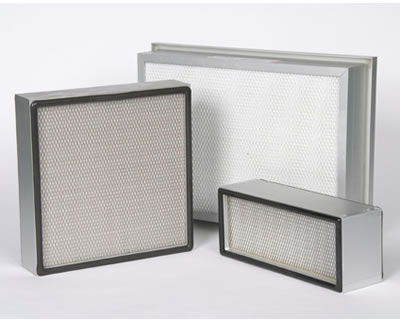At Industry Air Sales, we know how valuable vacuum systems with HEPA (high efficiency particulate air) filters can be, as far as protecting your indoor air quality goes. HEPA filters are able to capture the tiniest of particles—as small as 0.3 microns in fact—up to 99.97 percent of the time. HEPA filters are so effective, they can easily capture pollen, dust, dust mites, mold spores, even smoke and bacteria.
Unfortunately, HEPA filters are not foolproof, requiring replacement over time—that is if you want your vacuum system to operate smoothly. However, because HEPA filters are built to last for a relatively long time, it can be easy to forget to replace them.
Knowing when to change your HEPA filter is largely a case-to-case basis, as it depends mostly on the vacuum system’s level of use, the condition’s the machine works in, the quality of the indoor environment, and much more. Still, there are some rules for you to go by.
- With residential vacuum systems, you can get away with replacing the HEPA filter once every 2 to 3 years. However, in a commercial/industrial environment where the machine is used every day, it’s a good idea to have professionals check your HEPA filter once every 6 to 12 months.
- If you detect a musty odor from the vacuum system, it’s probably a good time to replace the HEPA filter.
- Some vacuum systems have a pre-filter that captures larger particles, helping your HEPA filter’s lifespan last longer. Be sure to check or replace these filters every 2 to 4 months.
When replacing the HEPA filters of industrial vacuum systems, it’s always best to consult with the distributor that sold you the system, or approach a company dealing in industrial air filtration systems. They can help you figure out the HEPA filter designed for your system’s specific make and model.

